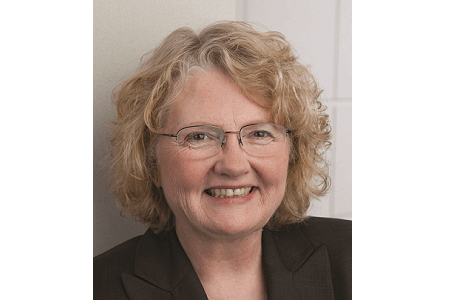Ask The Board: How Is Patient Access To Information Changing Healthcare Delivery?
Q: How is patient access to information changing healthcare delivery?
A: Patients are increasingly driving their own treatment programs — a challenge we are not prepared to manage. Patients used to come to physicians armed with ads from Reader’s Digest to ask for new drugs being promoted by pharma companies. Now they come armed with requests for new tests, assessments, and treatment approaches that even the academicians may not be fully aware of. Some cancer patients are already paying private labs to breed mice that will carry their tumors. Treatments can then be tested on these customized “Avatar” rodents to determine what may work best. While this trend is most visible in oncology and rare diseases, it could catch on in other therapeutic areas.
what may work best. While this trend is most visible in oncology and rare diseases, it could catch on in other therapeutic areas.
MARY ROSE KELLER
is the VP of clinical operations at Tocagen and has 30+ years of industry experience in clinical development strategy and execution of global Phase 1 to 4 clinical trials for drug, biologic, and diagnostic products.
Q: What are the top trends in our industry, and what should executives be doing to capitalize?
A: (1) The renewed new product flow (42 NME’s [new molecular entities] in 2014); (2) the growing price pushback from payors; (3) the empowered consumer. The new product fl ow environment is real, as $24 billion was added in new sales over a 12-month period versus the usual $2 to $5 billion. Executives need to get going with quality R&D and in-licensing work. When approached to sponsor proposals, in addition to assessing the credibility, competences, and mutuality of interest between you and the submitter, make sure the project fi ts your strategic and financial goals. Also, if you go through an M&A, be sure to treat people with respect, being fair in the way you design the new structure and assign jobs. Learn as much as you can, and try to have the combined company work with the best  ideas and practices.
ideas and practices.
FRED HASSAN
is the managing director at Warburg Pincus and former chairman of Bausch & Lomb. He has served as the CEO of several pharmaceutical companies and chaired significant pharmaceutical industry organizations.
Q: What innovations are needed to create better diagnostics in order to realize the benefits of personalized medicine?
A: More information on the impact of genetics and the factors that influence expression of genetic abnormalities is necessary before we can create truly personalized medicine diagnostics for any disease. Right now, we have a number of genetic markers that are implicated, but we have yet to discern whether these markers, in all cases, result in disease, in super responders, or in absence of disease. We can catalog genetic changes, and we can test for them, but we can’t know for sure that a single genetic polymorphism will affect all people who have it in the same way. Other gene changes, known or unknown, can modify specific genetic effects, and a substantial number of genetic anomalies are modifi ed by environmental influences. We’re at the beginning. We have a way to go.
anomalies are modifi ed by environmental influences. We’re at the beginning. We have a way to go.
CAROL NACY, PH.D.
is CEO of Sequella, Inc., a private company that develops new anti-infective drugs. She was formerly CSO at Anergen and EVP/CSO at EntreMed. Prior to her business experience, she directed research in tropical infectious diseases at Walter Reed Army Institute of Research, Washington, D.C.
